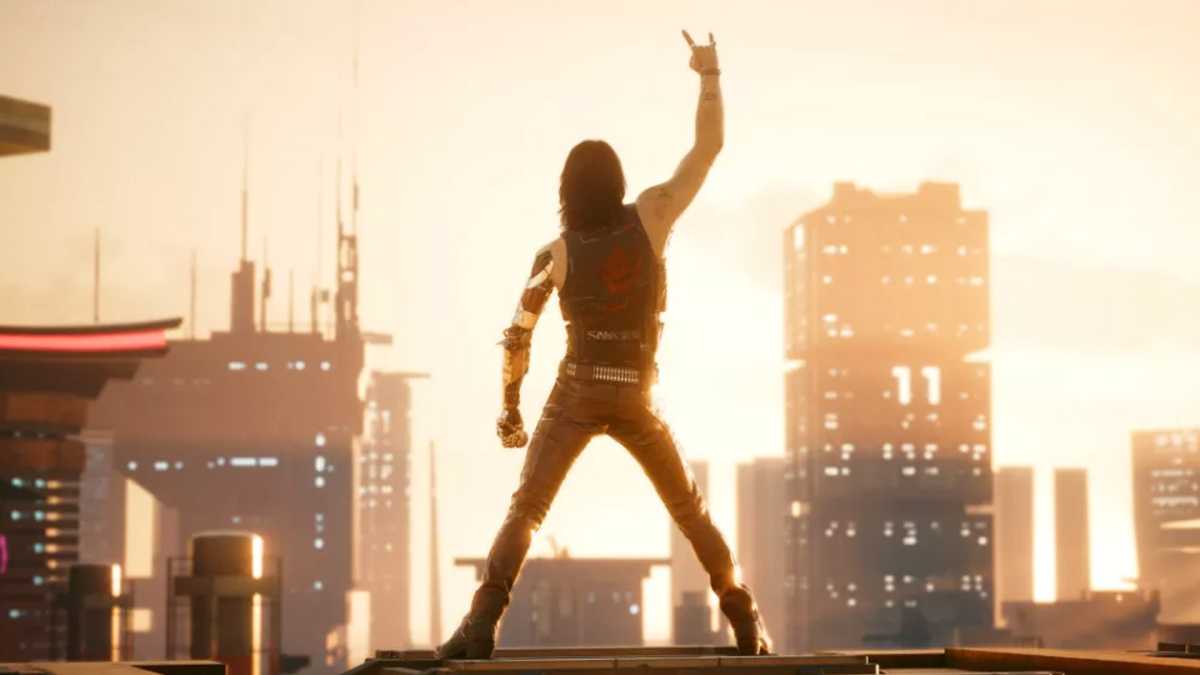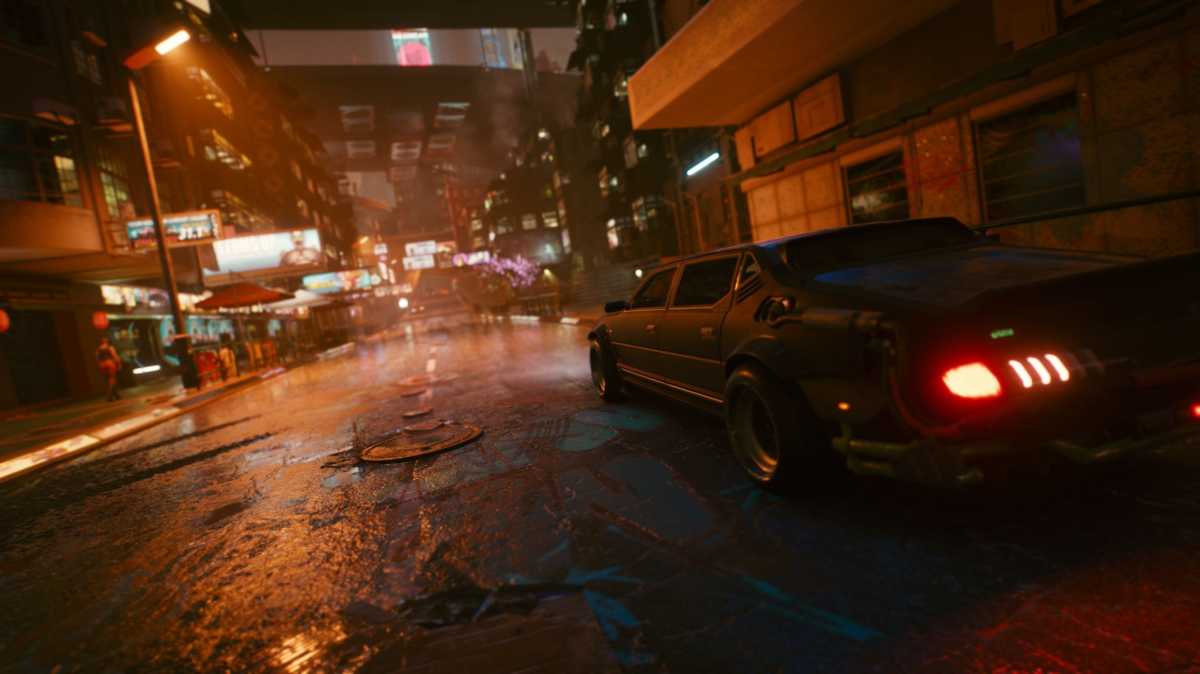It’s been just under two years since Cyberpunk 2077 released, concluding one of the longest and most sensationalized development cycles in gaming history. The game’s launch was ignoble, to say the least. After most of a decade in development, it was an unfinished, buggy mess. Its stunning open world and deep story-driven story overshadowed by a mountain of technical and performance issues. The game was so broken that Sony actually pulled the PS4 version from its digital storefront.
Today, cyberpunk has an incredibly rare second chance at success. A Perfectly Fortuitous Storm Brought It Back In The Spotlight: Netflix cyberpunk anime from beloved Studio Trigger is getting rave reviews, there’s a buzz in the press surrounding its newly announced DLC, and the shortage of high-end graphics cards and high-end consoles is over for gamers to actually play it. And, perhaps most importantly, developer CD Projekt Red has had an extra year and a shift to chasing bugs, so the game itself doesn’t work like something being attacked by a netrunner.
Briefly, Cyberpunk 2077 is now the game it really should have been at launch. Or perhaps more appropriately, now is when Cyberpunk 2077 should really have been released. Because, despite being in active development for so long, CD Projekt Red forced its employees to “shrew” for the 2020 release by their own admission, and actually having the game in a more finished state at the time would have been impossible. .
Cyberpunk 2077 Night City day in the sun
The web is full of ideas about the game’s enhanced state, mirroring stories of redemption for similarly renewed titles like no man’s sky or Final Fantasy XIV. cyberpunk is climbing the sales charts once again – it’s the best-selling game on Steam at the time of writing, not counting the latest call to action pre-order – and tens of thousands of concurrent players are roaming their world and checking out the latest mods. The sun is shining on Night City.
And that’s a good thing! While cyberpunk will likely never come out of the shadow of its failed release and CDPR’s former reputation is a bit tarnished, it’s good that millions of people have at least a chance to play the game they were promised in late 2020. But there’s a downside to this one. rebirth, and it’s a reinforcement for some of the gaming industry’s worst habits.

Red CD Project
CDPR forced its employees to collapse and released an unfinished mess of a game. This is a story we hear over and over again from lesser-loved companies like EA, Ubisoft, Blizzard, and more. Cyberpunk 2077 probably suffered from a scheduling crisis – linked merchandise campaigns for everything from sodas to sofas can’t be easily put off. But it happened and there is no way to forget it, even if the company was forgiven.
I fear megapublishers will learn the wrong lesson from cyberpunk back to the sun: It’s okay to force a hasty release because you can fix it later with a mix of manpower and marketing. Not only is this a dangerous attitude that will only create even more horrible working conditions in an industry that is absolutely rife with them, it is also not an accurate conclusion.
“A bad game is always bad”
Most of the time, a failed launch means a failed game, more or less forever. The history of games has notorious examples such as Aliens: Colonial Marines, Daikatana, and the infamous ET Even today, a game that flops usually gets so bad around its release that it stays that way – see Hymn or Fallout 76 Effect. But with the rise of digital distribution and, more pertinently, games with multi-year scripts, publishers can bring a title back off the cliff every now and then. no man’s sky went from a game so broken it left players viscerally pissed off to a cherished example of post-launch improvement.

Brad Chacos/IDG
But it is important to remember that no man’s sky and cyberpunk are the exceptions, not the rule. Releasing a huge, hyped game is still a great way to make it an expensive flop. Most of the time, trying to get you out of the mud of disappointment is just throwing good money after money. Just take a look at Square Enix Avengers or Duke Nukem Forever to see how this usually happens.
Legendary Nintendo producer Shigeru Miyamoto is often quoted and probably misattributed: “A late game turns out to be good, but a bad game is bad forever.” This is no longer the case, at least for those few lucky exceptions. And holding on to those potential dollars, even after a disastrous launch, will have more negative results than positive ones in the long run.










